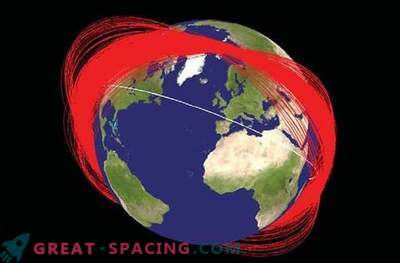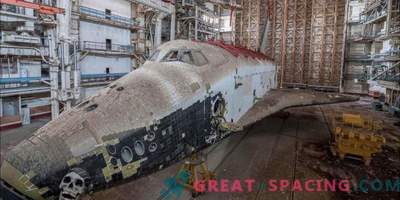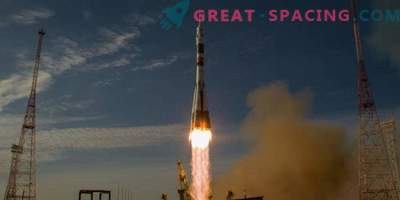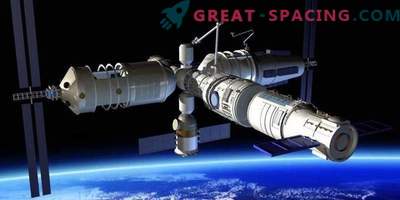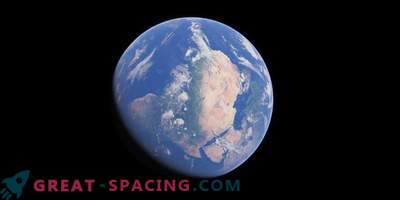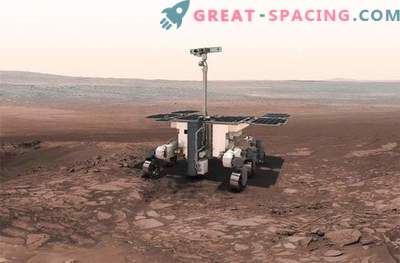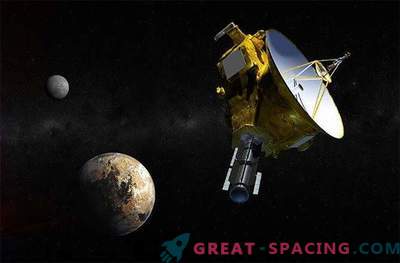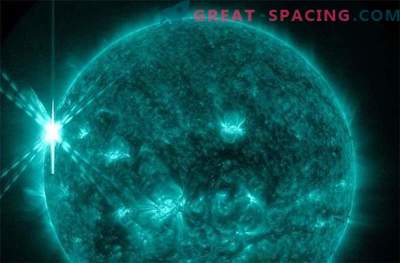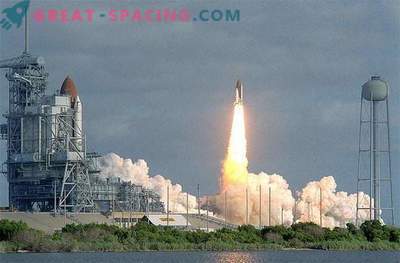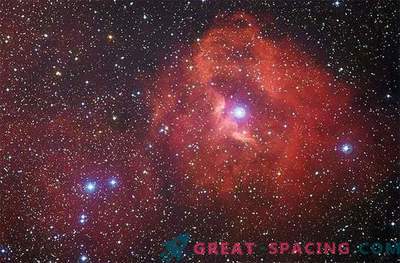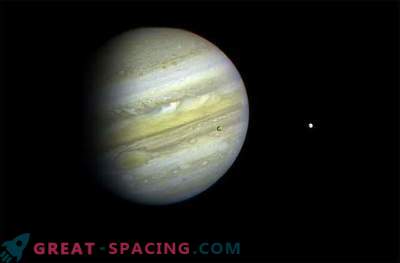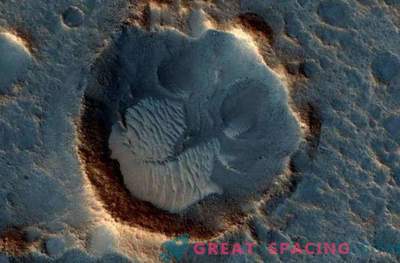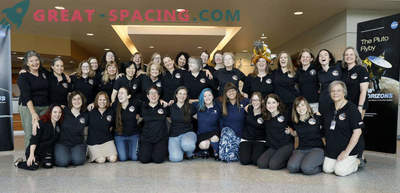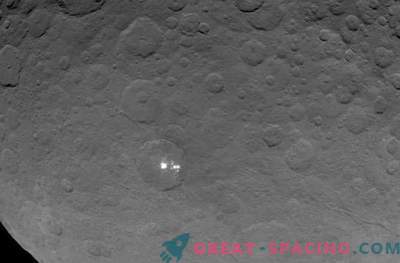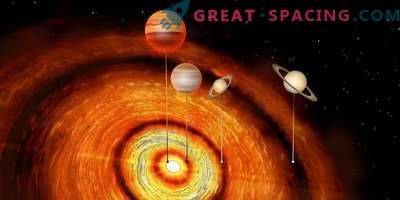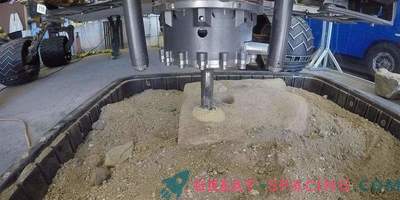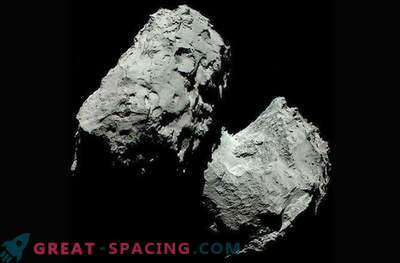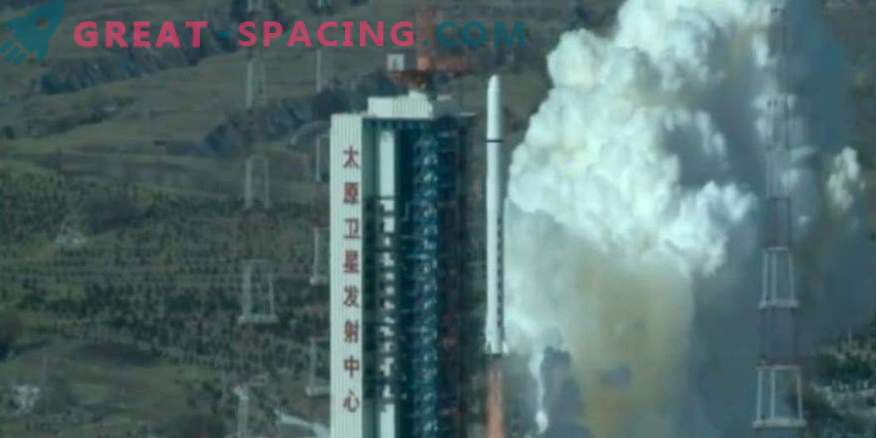
Last year, China caught up with the number of orbital launches with America and overshadowed Russia for the first time.
For the first time, China overtook Russia in the number of rocket launches in 2016. Statistics from astrophysicist Jonathan McDowell from Harvard University show that 17 Russian launches are much less than they were in 2015 (26) and 2014 (32). Since 2004, Russia has been the leader, surpassing China and the United States.
“According to my calculations, the United States was ahead from 1958 to 1966,” wrote McDowell in an e-mail. - “Russia took the lead from 1967 to 1995, but then (after the collapse of the USSR), primacy returned to the United States from 1996-1999 and 2001-2003.”
The United States would have completed its plan long before China, if September 1 had not been an accident at the launch site of the SpaceX Falcon 9 rocket. Its owner, Ilon Musk, is keen to return to flight on Sunday.
As for the rest of the world, Arianespace ended the year with 11 launches, India 7, Japan 4, Israel 1, and North Korea (novice) launched one orbital rocket.
As Chinese space technology progresses, defense concerns are rising as well. Space policy experts Joan Johnson-Freese from the Naval College in Rhode Island and Theresa Hitchens from the University of Maryland's Center for International Security Studies say that the threat of space wars is a bloated story. “It seems to me that the United States should make an equal amount of effort in diplomacy in order to build“ materials. But diplomacy does not allow the Pentagon or Intel (intelligence) to buy more “materials”. Let's not forget that there is a big bureaucracy in the Pentagon. It seems to me that what is good for the Pentagon is not always good for the country as a whole, ”said Johnson-Freese.
She sees a parallel between China’s efforts to develop the space program with what the US did in the 1960s and 1970s. This time period included the Apollo Moon missions and the initial study of the solar system with automatic probes.
“I’m not sure that the number of launches alone doesn’t matter,” says Johnson-Freese. “For me, in many ways, this is a continuation of past plans. China is creating its space projects in the context of the country's overall development ... using dual-value space technologies. "
“China has worked hard to build a group of launch vehicles and many satellite capabilities. And now they use it all to the fullest, ”she added.
